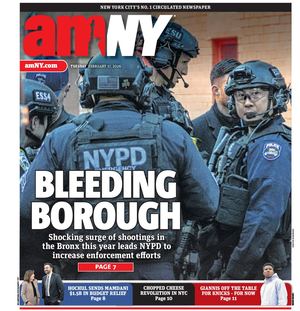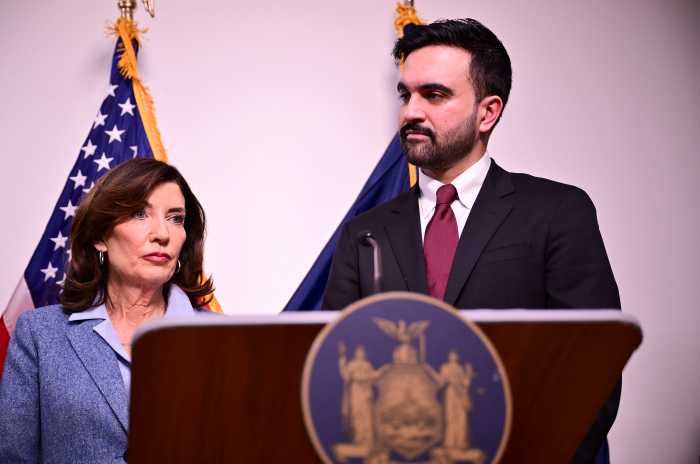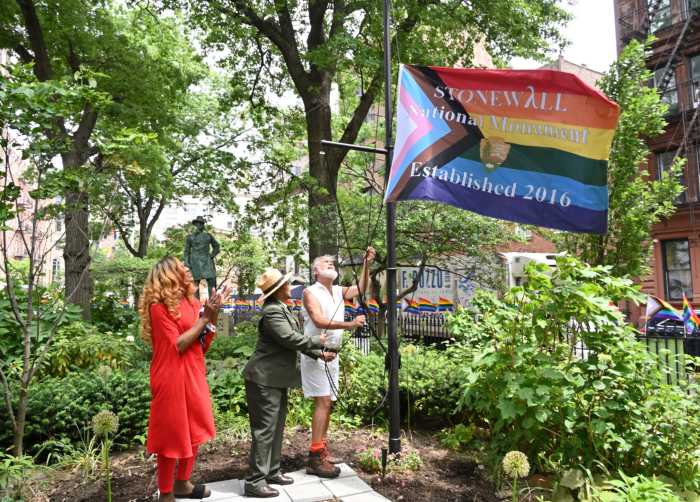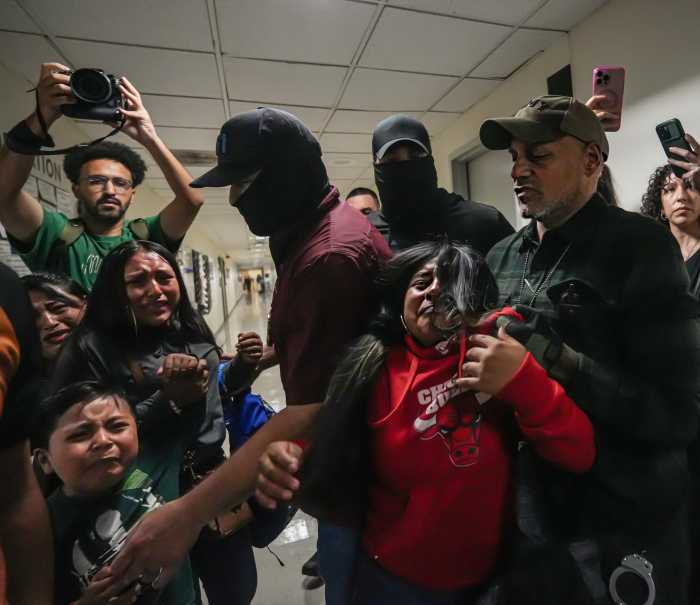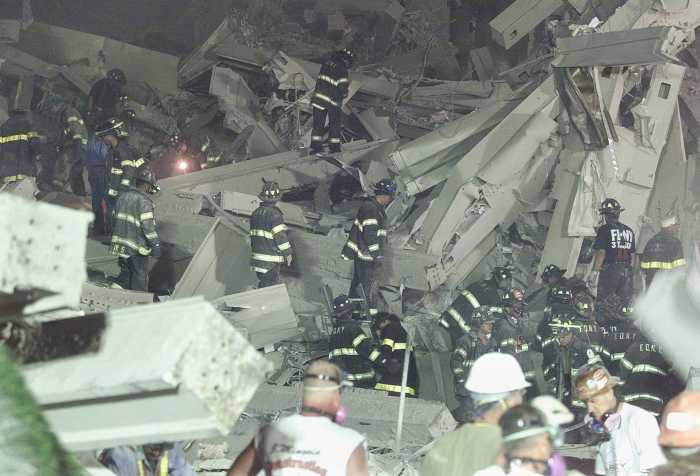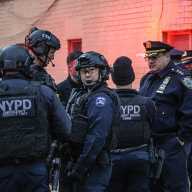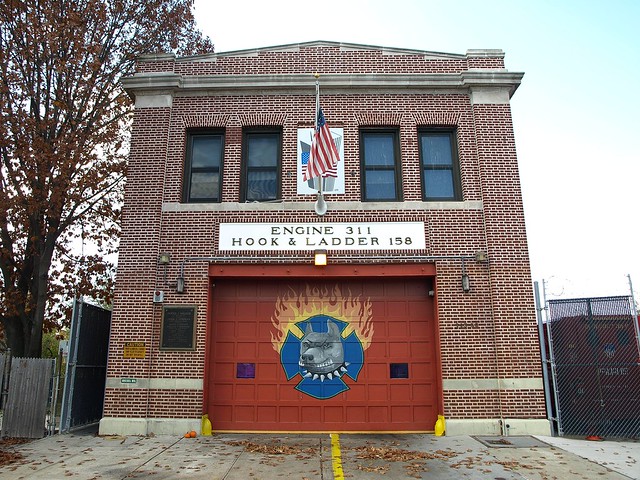Gary Martin, the man who shot five co-workers to death and injured several police officers last week in Aurora, Illinois, was legally barred from owning the .40-caliber Smith & Wesson handgun he used. Had it been confiscated, or its purchase prevented, his victims might never have been shot.
It’s a tragic story that repeats itself again and again.
Martin, who died in a shootout with police, was convicted of felony aggravated assault in Mississippi in the early 1990s and served five years in prison. But Martin was able to buy the gun in 2014 from a licensed dealer, and he did so five weeks after receiving a gun license in Illinois that the state never should have issued to a felon.
Paperwork procedure was neglected
The state police say Martin’s conviction in Mississippi didn’t surface until weeks after he later applied for a concealed-carry permit, which required fingerprinting. They sent Martin a letter saying state law gave him 48 hours to give up the gun. But he never did, and he never submitted the required paperwork to show he had disposed of the weapon. Aurora police are required to get that paperwork and forward it to state police, but in this case and most others, the state police said they did not bother to follow up.
Stories of mass murderers who kill with weapons they possessed illegally thanks to poor enforcement of existing laws and regulations are too common:
- In 2015, Dylann Roof killed nine people in a South Carolina church with a pistol that a drug arrest should have kept him from buying. The FBI blamed a paperwork error and a delayed background check.
- In 2017, Devin Patrick Kelley killed 25 people in Sutherland Springs, Texas, after legally buying four guns, including an AR-15-style rifle. Had the Air Force followed the law and informed the FBI that Kelley was court-martialed and imprisoned for a year for choking his then-wife and fracturing her son’s skull in 2012, he would have been barred from buying those weapons.
- In 2018, Nikolas Cruz was charged with killing 17 high school students and adults in Parkland, Florida, with a Smith & Wesson M&P 15 rifle he purchased legally in 2017. But the month before the shooting, the FBI received a tip that Cruz said he wanted to kill people, had said so online, and might commit a school shooting. He had previously gone to a mental health facility. Had the FBI investigated further, as its protocols require, Cruz could have had his gun confiscated or gotten help. But the legally required investigation was never conducted.
Tools do exist to prevent gun violence
We do have tools There is an awful lot of ruckus raised in this country about the need to pass more restrictive gun laws, and some new ones are needed. Universal background checks, limits on ammunition clip size and safe-storage laws in homes with children, for instance, are crucial. But everyone also must demand that law enforcement agencies do a better job of enforcing existing laws, and that these agencies examine the bureaucratic culture that permits dangerous owners to have weapons. Tools already exist to get guns out of the hands of those legally barred from possessing them.
